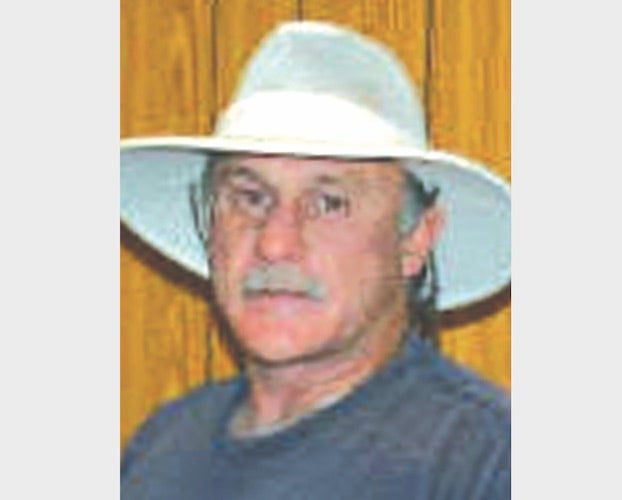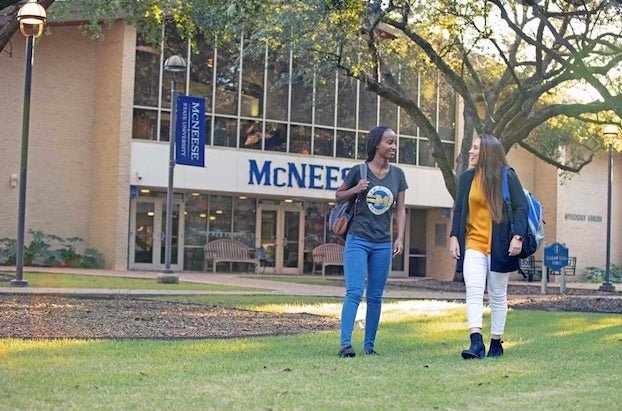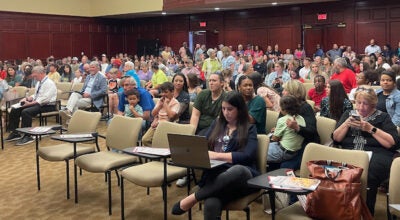Gerald Sims: A neighborly neighbor that others can count on
Published 9:29 am Friday, August 12, 2022

- Gerald Sims (Special to the American Press)
Gerald Sims is a person his closest neighbors know they can call on, if needed. People skills didn’t come overnight for the retired 62-year-old. He said enlisting in the US Navy, travel, a tragedy and the willingness to gain trust in a small community one wave and greeting at a time has made the difference.
“I was a troublemaker growing up,” he said. “That’s why I joined the Navy, probably the best decision I ever made in my life.”
Joining the US Navy at 17 catapulted the Sulphur native from home for the first time and he met people from all over the United States.
“You have no choice, you have to get along,” he said.
He realized he wasn’t the only one feeling apprehensive in a new environment. Giving others the same space – as much as could be given when recruits sleep three feet from each other – and respect was the key to earning trust. He was accepting of others, even of those with whom he didn’t seem to share any common interest. He discovered common ground despite expectations to the contrary and served for six years.
“Some people are open to conversation and some are not,” he said.
In 2000, Sims took a job with a contractor in Iraq. The schedule was tough, 16-hour days, seven days a week for four months, then ten days off and back to the same schedule. Pay was good. The best thing about the job, Sims said, was that the company would fly workers wherever they wanted for their ten days off.
“I went to Iceland, Ireland, Egypt, Singapore, the Philippines,” he said. “Some people never leave the state, or even the area where they grew up.”
However, a tragedy from which he will never recover taught him that life is fleeting.
“My job was to transport soldiers from the base or airport to Abu Ghraib prison where they worked. I was enroute one day and a girl, she couldn’t have been any older than 12, stepped into the road wearing a vest of explosives. I had to make a split second decision to take care of the 60 passengers that made up the convoy or hit her before she could use the cell phone she was holding to trigger the bomb.
He hit her and she died.
“I’ve never looked at life the same way again,” he said.
He withdrew.
“For many years, I didn’t want to communicate with people,” he said, “and then I realized that just about everybody is going through something.”
When he returned to Southwest Louisiana, he decided he didn’t want to live in Sulphur.
“If you grow up in a small town where everybody knows you, you get saddled with whatever their first impression is,” he said. “You’ll probably never change their perception.”
He realized he could get more house for less if he extended his house hunt in a 25 mile radius outside of Lake Charles and found a place in DeQuincy.
Then he realized that the move to the small community posed challenges.
“In this day and age, it’s difficult to trust because that’s the world we live in,” he said.
He took his time getting to know his new neighbors. He offered a wave here and a “How’s it going?” there. He didn’t assume, didn’t impose. He didn’t show up for visits, just chatted briefly with neighbors, mostly when he and they happened to be outside.
“There’s so much distrust, so much hate in the world,” he said. “People don’t visit like they used to, like they do in some of these TV shows. I decided I’d get to know my closest neighbors. If I can help them in any way, I’m there for them and they would do the same for me.”





